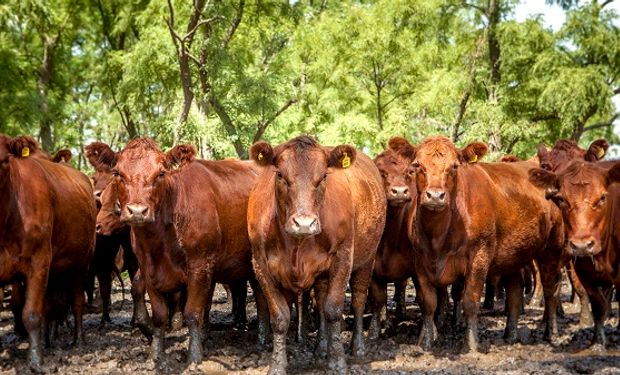Compilation, analysis and systematization of good livestock farming practices in Argentina, Brazil and Paraguay for Fundación Vida Silvestre Argentina, WWF Brazil and WWF Paraguay. Read more
The growth and expansion of livestock farming in natural regions in South America has proven to have a strong impact on the conservation of native ecosystems and the ecosystem services they provide. Likewise, farming developed under productive systems integrated to the environment and carried out with good practices have a potential to improve the production and to contribute to the conservation of biodiversity and the reduction of greenhouse gas emissions, within a framework of profitability and support of the livelihood of producers and communities.
Our work focused on systematizing, analyzing, assessing and documenting good livestock farming practices for five major South American ecosystems: Amazon, Cerrado, Pantanal, Gran Chaco and Pampas, covering the three main countries of their distribution area: Argentina, Brazil and Paraguay. The goal of CICLA’s work, in which relevant institutions from the agricultural sector participated, was to provide information to improve decision-making processes and to spread sustainable productive and commercial practices in these countries by means of a digital platform. The work required the integration of an agroecological approach and particular productive system’s social features.
Client: Fundación Vida Silvestre Argentina / WWF Brasil / WWF Paraguay, Eat4Change project.
Partners: Asociación Argentina de Consorcios Regionales de Experimentación Agrícola (AACREA) and Consorcios Regionales de Experimentación Agrícola from Paraguay (CREA Paraguay).

